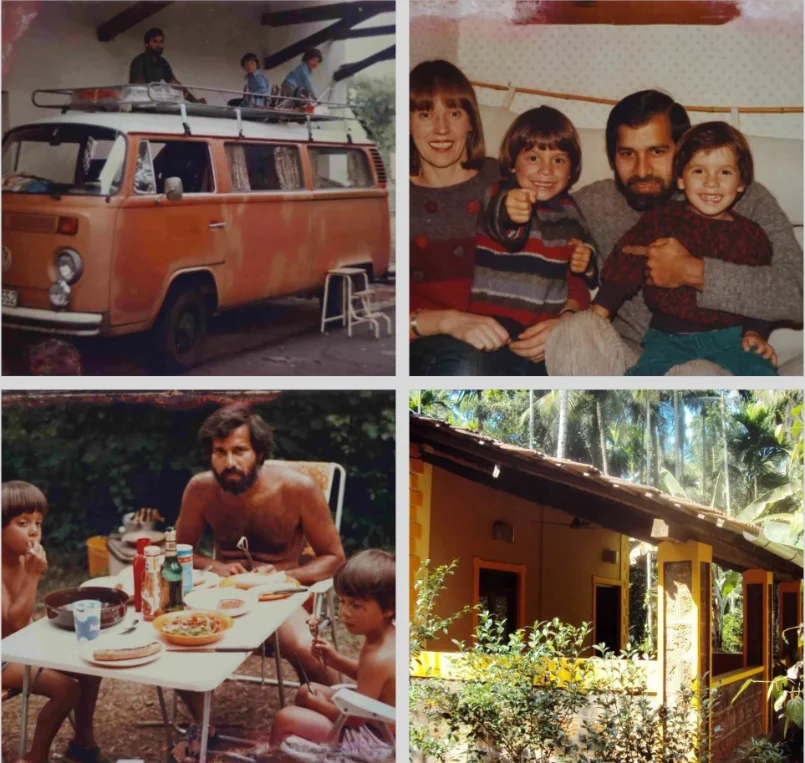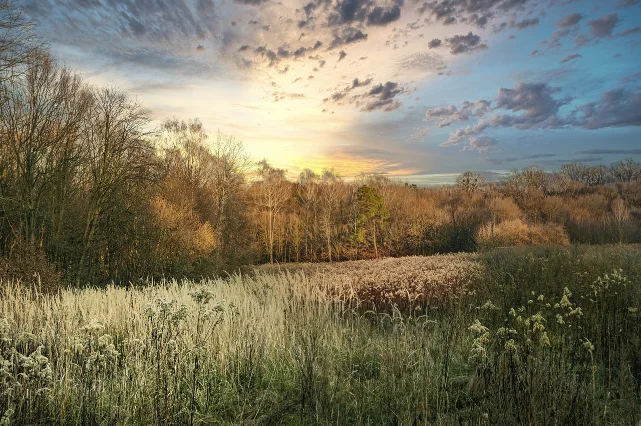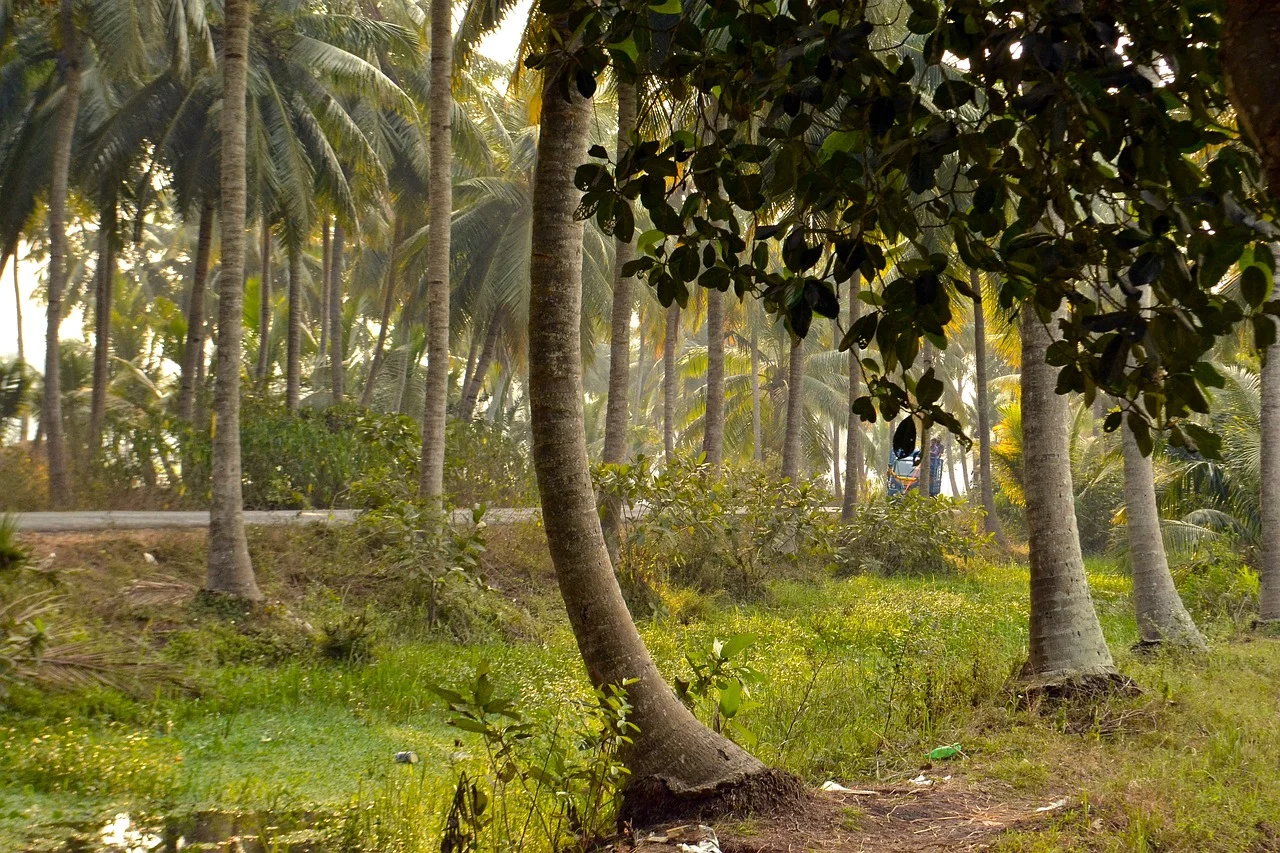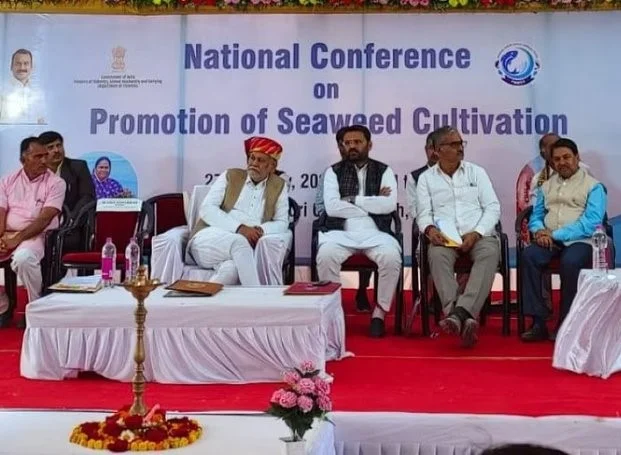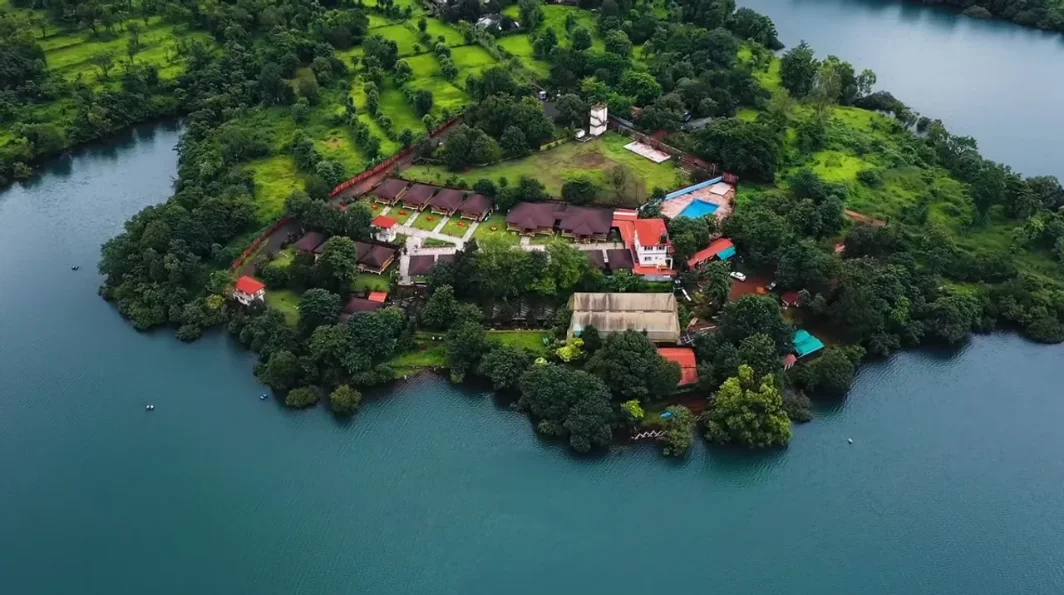Ajit Malkarnekar and his wife, Doris, desired a simple and sustainable life surrounded by nature. After spending almost ten years in Germany, they returned to India in 1984. They chose to buy 50 acres of barren land deep within Mollem National Park in Goa, Ajit’s place of birth. This land lacked essential amenities like electricity and water, and it had been harmed by reckless deforestation.
The couple had prior experience in developing dry land, having worked on Baba Amte’s Anandwan, a rehabilitation village for lepers in Maharashtra. In fact, this is where Ajit and Doris initially met and fell in love. But that’s a tale for another time.
Back in Goa, they decided to establish a farm on this piece of land. Their initial months were focused on setting up the basics, including a house, electricity, water, and cooking gas. They were also eager to begin planting trees. However, being in such a remote location posed significant challenges for transportation. Public transport was unavailable, and the car they had ordered would take a year to arrive. Consequently, they had to make numerous trips on foot to the water and electricity board.

Subsequently, they dug an irrigation well and embarked on the labor-intensive task of implementing measures to improve and conserve the soil. Only after these efforts were complete did the land become suitable for planting seeds. Among the scarce vegetation was a lone banyan tree, which observed as the plantation gradually came to life.
“It took time and a lot of patience to rebuild the soil. We worked hard to restore nitrogen to the soil by introducing livestock for manure. We created soil bunds to recharge groundwater, used on-site mulching to help the soil retain water better, and established a biogas plant to produce manure and energy,” explained Ashok Malkarnekar, who currently manages the plantation that was initiated by his parents, Ajit and Doris.

They mainly relied on traditional and organic farming methods to aid the ecosystem’s recovery. The primary crops grown included coconut, cashew, pepper, and betel nut. They also cultivated a variety of other vegetables, fruits, spices, and herbs.
Out of the total 50 acres, only 25 acres were cultivated, and the rest was allowed to return to its natural state and evolve into a wild forest.
As the farm began to take shape, friends and family gradually joined in. The first tile-roofed cottage was constructed in 1985. Later, in 2014, four more cottages were built, officially opening the farm stay for visitors.

Today, guests at Dudhsagar Spice Plantation have the option to stay in any of the five cottages. Each cottage has a unique theme, a spacious bedroom, a verandah for enjoying the surroundings, and open-air bathrooms.
Adding to the comfortable accommodations, there’s a natural trail on the property for experiencing the pleasure of walking on crunching leaves and listening to distinct bird calls. There’s also a natural pool for swimming and various tours available, including visits to nearby pepper and vegetable plantations, Dudhsagar Waterfalls, and the Usgalimol rock carvings.

The food offered is incredibly fresh, sourced from the surrounding plantation. Meals are prepared in a Konkani style and are both vegetarian and organic, providing a deeply satisfying experience. Even the cocktails have a unique flair, particularly those made with the in-house distilled feni and lime.
Also Read: The Story of Varanashi Organic Farms: From Treehouse Retreats to Compost Workshops
“We operate a traditional distillery right here on the plantation where we produce feni, a local spirit. More recently, we’ve introduced a wonderfully flavored spiced feni that is now available for purchase,” shared Ashok.

This isn’t the spot for people seeking typical resorts or lively parties. Instead, if you relish being in the midst of nature and have a yearning to truly connect with the wilderness, you might find it hard to leave this place. As the monsoon season approaches, a stay at Dudhsagar Plantation promises to create lasting memories for years to come.
Book your stay here

